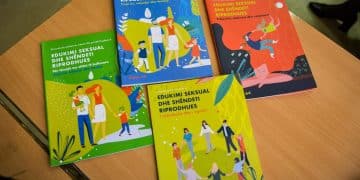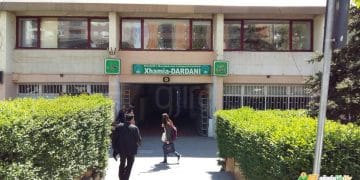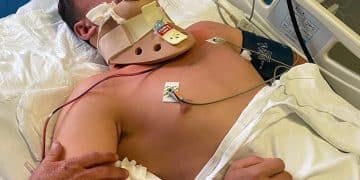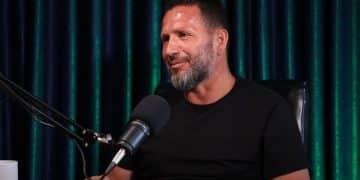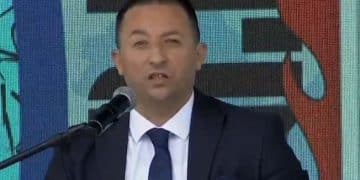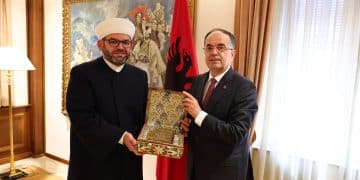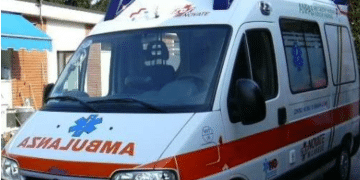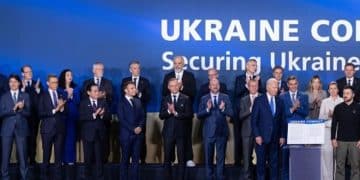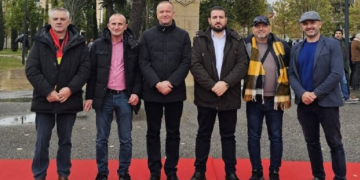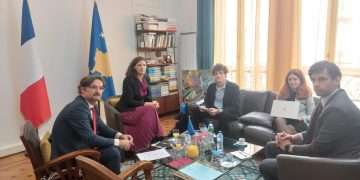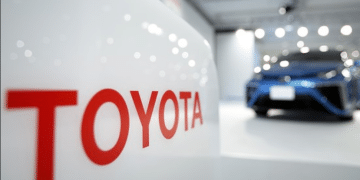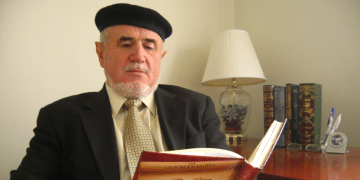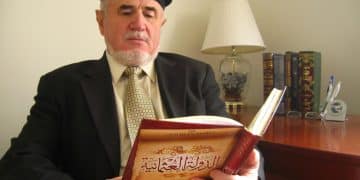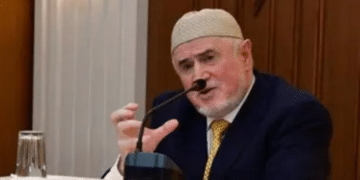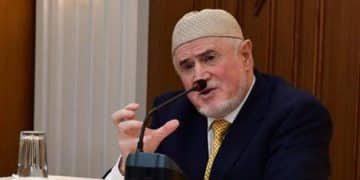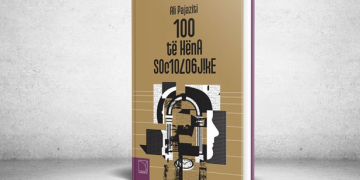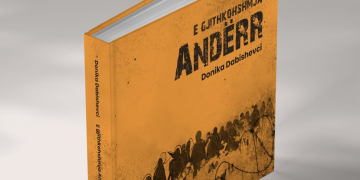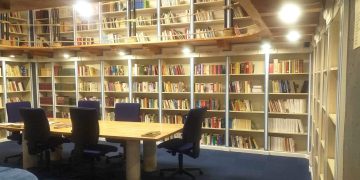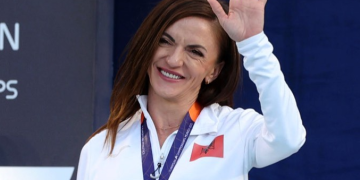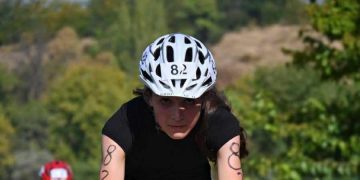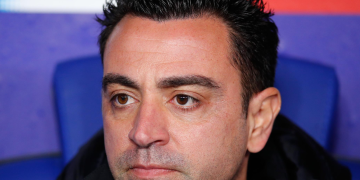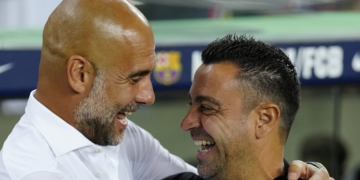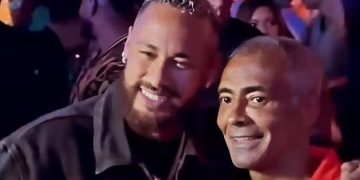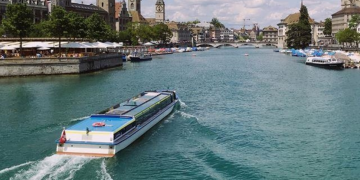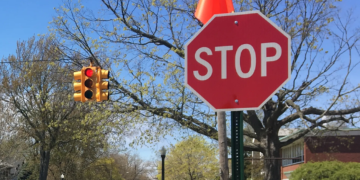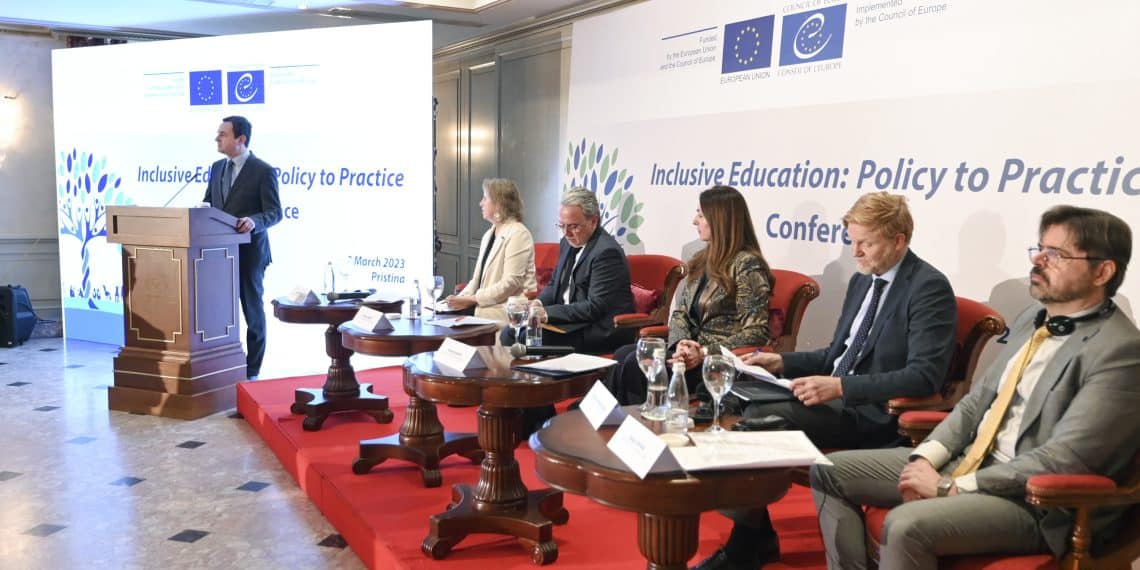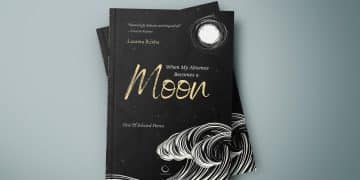Kryeministri i Republikës së Kosovës, Albin Kurti, mori pjesë në konferencën e organizuar nga Këshilli i Evropës dhe Zyra e BE-së, me titull “Arsimi gjithëpërfshirës: Nga politika në praktikë”.
Në fjalën e tij, kryeministri Kurti tha se kur morëm qeverisjen e Republikës së Kosovës, gati para 2 vitesh, thamë se fokusi ynë ishte një shoqëri e drejtë për të gjithë. Pra, siç tha ai, synimet e këtij projekti Përfshirja për ngritjen e kapaciteteve për përfshirje në arsim janë shumë të rëndësishme për ne. Më e mira e shoqërisë së Kosovës duhet të pasqyrohet në shkollat tona dhe shkollat tona duhet të ofrojnë mundësi të drejta, tha ai, përcjell Fol Drejt.
Ai theksoi rritjen prej më shumë se 26% të buxhetit në arsim në dy vitet e fundit, vendimin për ta bërë arsimin e lartë publik falas dhe bursat që ka dhuruar Ministria e Arsimit, Shkencës, Teknologjisë dhe Inovacionit për studentë të komunitetit Rom, Ashkali dhe Egjiptian si dëshmi të vëmendjes së qeverisë për arsimin, si një nga shtyllat e zhvillimit të qëndrueshëm.
Kryeministri bëri të ditur se kanë trashëguar një situatë ku vetëm 59% e të rinjve romë, ashkali dhe egjiptianë përfundojnë arsimin e mesëm të ulët dhe trajtimi dhe adresimi i kësaj është një domosdoshmëri për të gjithë ne.
‘’Të dhënat e MICS nga intervistat me adoleshentët romë, ashkali dhe egjiptianë të moshës 15-19 vjeç, tregojnë se 13% e vajzave dhe 16% e djemve në këto komunitete janë ndjerë të diskriminuar. Në tërësinë e popullsisë, shifrat janë vetëm 2% e vajzave dhe 3% e djemve. Kjo është situata nga viti 2020 dhe në vitin 2023 dhe 2024 nuk duam që asnjë fëmijë në vendin tonë të ndihet i diskriminuar. Ne duam që të gjithë fëmijët tanë të jenë krenarë për atë që janë”, deklaroi kryeministri.
Dy nga pesë shtyllat e Strategjisë për Avancimin e të Drejtave të Komunitetit Rom dhe Ashkali janë identifikuar të jenë edukimi dhe luftimi i diskriminimit, kurse Plani Strategjik për Edukimin identifikon përfshirjen e grupeve të cenueshme në edukim si një prej objektivave strategjike. Në këtë drejtim, kryeministri listoi nismat konkrete të cilat kanë për qëllim që strategjitë të përkthehen në realitet:
1. Mbështetja ndaj ekipeve të Parandalimit dhe Reagimit ndaj braktisjes dhe mosregjistrimit në shkolla në të gjitha komunat;
2. Zgjerimi i mësimit në gjuhën rome në katër komuna;
3. Vazhdimi në baza vjetore i ndarjes së 500 bursave për nxënësit e shkollave të mesme nga komunitetet rom, ashkali dhe egjiptian;
4. Mbështetja e Qendrave të Mësimit;
5. Ofrimi i pozitave të ndërmjetësimit në arsim në së paku shtatë komuna me përqendrim më të lartë të komuniteteve rom dhe ashkali, me qëllim reduktimin e braktisjes dhe mosregjistrimit në shkolla.
Nga përvoja, vazhdoi tutje ai, arsimi nuk është vetëm mision i shtetit për popullin e vet, por është edhe vendi ku fëmijët takohen për herë të parë me shtetin dhe ky takim, duhet të jetë një i tillë me mikpritje të ngrohtë, mbresëlënëse, që fëmijët nuk do ta harrojnë kurrë dhe që përcakton më vonë edhe profesionet që ata zgjedhin sikurse dhe kontributin dhe punën që bëjnë.
Kryeministri në këtë konferencë përshëndeti projektin Përfshirja për qasjen gjithëpërfshirëse që ka, duke përfshirë mentorimin dhe mësimdhënien për djemtë dhe vajzat romë, ashkali dhe egjiptianë, dhe trajtimin e qëndrimeve diskriminuese.
Fjala e plotë në gjuhën angleze e Kryeministrit të Republikës së Kosovës, Albin Kurti:
Dear Mr. Soykan, Deputy Head of the Council of Europe in Prishtina,
Dear Minister of Education, Science, Technology and Innovation, Arbërie Nagavci,
Dear Mr. Stenbaek Madsen of the EU Office in Kosova,
Dear Mr. Qiriazi of Council of Europe,
Dear Professor Gollob from Zurich University of Teacher Education,
Dear teaching professionals from Kosova and beyond,
Dear your excellency, Ambassador of Finland in Republic of Kosova
When we took over the government of the Republic of Kosova, almost exactly 2 years ago, we said that our focus was a society which was fair for everyone. So the aims of this ‘Include’ project on building capacity for inclusion in education are very close to our hearts. The best of Kosova’s society should be reflected in our schools, and our schools should offer fair opportunities. For everyone. It should not matter how special your needs are, or what ethnic group you come from. We want every child to be in school and know that they will be supported there, to learn and thrive and develop the skills that they will need for their own future and the future of our country..
It is therefore a pleasure to be with you and hear more about the work that you have been doing, and to discuss on how we can make education fully inclusive.
We named 2022 as the Year of people with special needs in Kosova, and it was my privilege during the year to get to meet and talk to children and adults with special needs, and their parents and caretakers. To understand just how much potential there is among this group of Kosovan citizens. When I think of the dreams I heard articulated at one meeting in my office from a boy living with autism, or when I remember the little girl chatting to me about all that she has learned at the activities she attends for children with physical disabilities, I know that these of our young citizens have so much to contribute to our society.
Likewise, I have had the chance to meet with inspiring Roma, Ashkali and Egyptian young people through the series of round tables I’ve held at my office, over the last year, and the visits I’ve made to see projects in action. There was the teenage girl in Prizren who wanted to share the poetry she had learned in her mother tongue, Roma. I remember, too, the young group of actors from the community in Fushë Kosovë who invited me to the play they had devised together. And there was the discussion I had with the Roma, Ashkali and Egyptian students who benefited from the scholarships that the Ministry of Education allocated this year for the first time, in collaboration with the Ministry of Local Government Administration. These scholarships were specifically for Roma, Ashkali and Egyptian students who were studying at public universities to graduate in subjects like education, so that they would become visible role models. The enthusiasm and commitment to social progress that I saw among these young people inspires me, and no doubt many others, to ensure that they and all children are given the support that they need.
Because as we know the challenges are enormous. We have inherited a situation where only 59% of Roma, Ashkali and Egyptian youngsters finish lower secondary education.
Doing something about this is a must for all of us. The solutions cannot just be technical. I applaud the Include project for the holistic approach it takes, including mentoring and tutoring for Roma, Ashkali and Egyptian boys and girls, and tackling discriminatory attitudes. The MICS data from interviews with Roma, Ashkali and Egyptian teenagers aged 15-19 shows that 13% of girls and 16% of boys in these communities have felt discriminated. Across Kosova’s population, the figures are only 2% of girls and 3% of boys. This is the situation from 2020, and in 2023 and 2024 we don’t want any child in our country to feel discriminated. We want our children all to be proud of who they are, and the contribution of this project towards that goal is welcomed.
As we know from our experience, education is not just mission of the state for its population but it is also the venue where children meet the state for the first time, and this encounter, this meeting, must be one of impressive warm welcoming that children will never forget and will define them later on the professions they chose and contribution and work they do.
Education is the main pillar, on the other hand, for the sustainable development of our country. That’s why we’ve increased the education budget for over 26% for the last two years and made higher education free. For Bachelor and Master degrees in our universities you do not have to pay. Only for PhD one has to pay, and that again is not that much. We’ve identified education and the tackling of discrimination as two of the five pillars of our Strategy for Advancing the Rights of the Roma and Ashkali community. Our Strategic Plan for Education identifies the inclusion of vulnerable groups in education as one of its strategic objectives. To make these strategies a reality we have ambitious concrete initiatives, such as:
• First, supporting School Prevention and Response Teams towards Abandonment and Non-Registration in all municipalities. School is a must for everyone, as an opportunity for everyone;
• Second, expanding teaching in Roma language in 4 municipalities;
• Third, continuing to allocate 500 scholarships on an annual basis for students of Roma, Egyptian and Ashkali communities attending upper secondary school
• Fourth, support to learning centres;
• and fifth, providing mediation positions in education in at least 7 municipalities with the highest concentration of Roma and Ashkali communities to reduce non-enrolment and dropout.
These policies, plans and budget allocations for visible change show the commitment of our government to the values promoted through the Council of Europe. Our passion for these values is the reason that we feel that we belong in the Council of Europe and we know that we can benefit and contribute further with membership.
I will continue to meet with young people all over Kosova. I hope to meet again with the boy living with autism, with that girl who told me from her wheelchair about her learning and achievements, with the teachers in training from the Roma, Ashkali and Egyptian communities and with many other young people who have been supported by our education system. We will continue to support them in being the best version of themselves, in a Kosova which is the best version of itself. I am happy that we are together contributing to this vision./FolDrejt/

